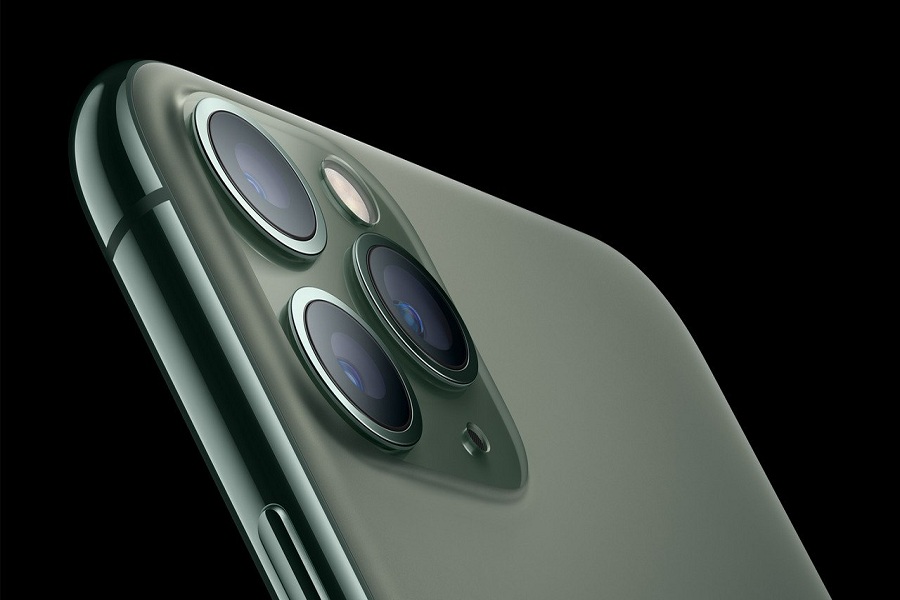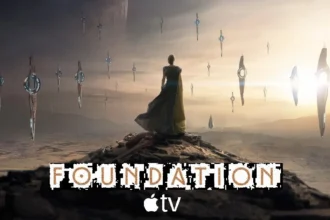Since how long have you been using products of Apple, long enough I suppose. Have you ever wondered where it all came from or where it all started, and what journey the makers have been through to get you all the latest versions you are now using? If you are using iPhone and don’t know any history of iPhones iOS, then you have come to the right place. Let’s take a look at Apple’s mobile OS version’s history. Shall we?
WHEN DID IT ALL BEGIN?
Apple’s iPhone operating system is known as iOS. It was initially introduced on June 29, 2007, along with Apple’s first phone, the “iPhone.” For the first three years (2007-2009), it was known as “iPhone OS,” however, in 2010, it was renamed “iOS.”
WHAT IS iOS?
IOS is an operating system, and it’s the basic software that all devices come with in order to run and support other programmes. In simple words, iOS is to iPhones what Windows is to PC.
iOS differs from most other operating systems because it separates each programme in its own protective shell, preventing other applications from interfering with it.
Since 2019, the iPad has had its own operating system, known as iPadOS.
To identify iOS versions, Apple employs simple number modifications. The higher the number, the more recent the OS version.
HISTORY OF iOS VERSIONS
· IPHONE OS 1
Released: June 29th 2007.

With this launch the first iPhone was also released. It also did not have an App Store so there were the apps only Apple provided. The first iPhone OS SDK was released a year later. Support for the iPod Touch was added with the release of iPhone OS 1.1. (1st generation). The final version of iPhone OS 1 was iPhone OS 1.1.5. On May 18, 2010, it was no longer supported.
· IPHONE OS 2
Released: July 11th2008.

With this launch iPhone 3G was released. The App Store was introduced along with location service and third-party apps. Support for the iPod Touch was added with the release of iPhone OS 2.1.1. (2nd generation). The final version of iPhone OS 2 was iPhone OS 2.2.1.
· IPHONE OS 3
Released: June 17th 2009.

With this also came iPhone 3GS. iPhone OS 3.1.3 was the last version to support the original iPhone and iPod Touch (1st generation). The first iPad, along with iPhone OS 3.2, was released.
· IOS 4
Released: June 21st 2010.

With this release, Apple dropped support for the original iPhone and the 1st generation iPod Touch, which is the first time Apple had dropped support for any device in an iOS release. The release of iOS 4.2.1 brought compatibility to the original iPad, and iOS 4.3 brought iPad 2 compatibility.
· IOS 5
Released: October 12th 2011.

Support for the iPad was added with the release of iOS 5.1. (3rd generation). The original iPad and iPod Touch were supported until iOS 5.1.1 was released (3rd generation).
· IOS 6
Released: September 19th 2012.

With it came iPhone 5, iPod Touch (5th Generation) and iPad (3rd Generation). iOS 6.1.6 was the final release supported for the iPhone 3GS and iPod Touch (4th generation).
· IOS 7
Released: September 18th 2013.

Apple eliminated support for the iPhone 3GS owing to hardware restrictions, as well as the iPod Touch (4th generation) due to performance difficulties, with this version. On the iPhone 4, iOS 7.1.2 was the last version.
· IOS 8
Released: September 17th 2014.

The iPad 2, iPhone 4S, iPad (3rd generation), iPad Mini (1st generation), and iPod Touch have limited compatibility for iOS 8. (5th generation). iOS 8.4.1 was the last version of iOS 8.
· IOS 9
Released: September 16th 2015.

iPhone 6 series was also launched with this. This release made the iPad 2 the first device to support six major releases of iOS, supporting iOS 4 through iOS 9. the final version of iOS 9 was iOS 9.3.6.
· IOS 10
Released: September 13th 2016.

The iPhone 7 series was released. Apple has discontinued support for A5 and A5X processor-based products. iOS 10 is the final version of iOS to run on 32-bit CPUs and to run 32-bit applications.
· IOS 11
Released: September 19th 2017.

The iPhone 8 series was released. Apple discontinued support for the 32-bit iPhone 5, iPhone 5C, and iPad (4th generation) with this version, as well as support for 32-bit programmes, turning iOS into a 64-bit-only operating system that only executes 64-bit apps. iOS 11.4.1 was the final version of iOS 11 to be released.
· IOS 12
Released: September 17th 2018.

The iPhone X series was released. On smartphones with Apple A7 or A8 CPUs, iOS 12 has limited compatibility. The iPhone 5S, iPhone 6, iPhone 6 Plus, iPad Air (1st generation), iPad mini-2, iPad mini-3, and iPod touch (6th generation) are all supported with iOS 12.5.5.
· IOS 13 / IPADOS 13
Released: September 19th 2019.

This came with the release of the iPhone 11 series. The operating system for the iPad has been renamed iPadOS. All devices with less than 2 GB of RAM were no longer supported by Apple, including the iPhone 5S, iPhone 6 and 6 Plus, iPod Touch (6th generation), iPad Mini 2, iPad Mini 3, and iPad Air.
· IOS 14 / IPADOS 14
Released: September 16th 2020.

This was followed by the iPad (8th Generation) and iPad Air (4th Generation). iPadOS 14.0 included support for the 8th generation iPad and the 4th generation iPad Air, while iOS 14.1 added support for the iPhone 12 series.
· IOS 15 / IPADOS 15
Released: September 20th 2021.

iOS 15 and iPadOS 15 are compatible with all devices that supported iOS 13, iPadOS 13, iOS 14, and iPadOS 14. Support for the iPhone SE 3rd generation was added to iOS 15.4, while support for the iPad Air 5th generation was added to iPadOS 15.4.
Hope you got to know something informative today!
Until next time, with another topic. Till then, Toodles.






